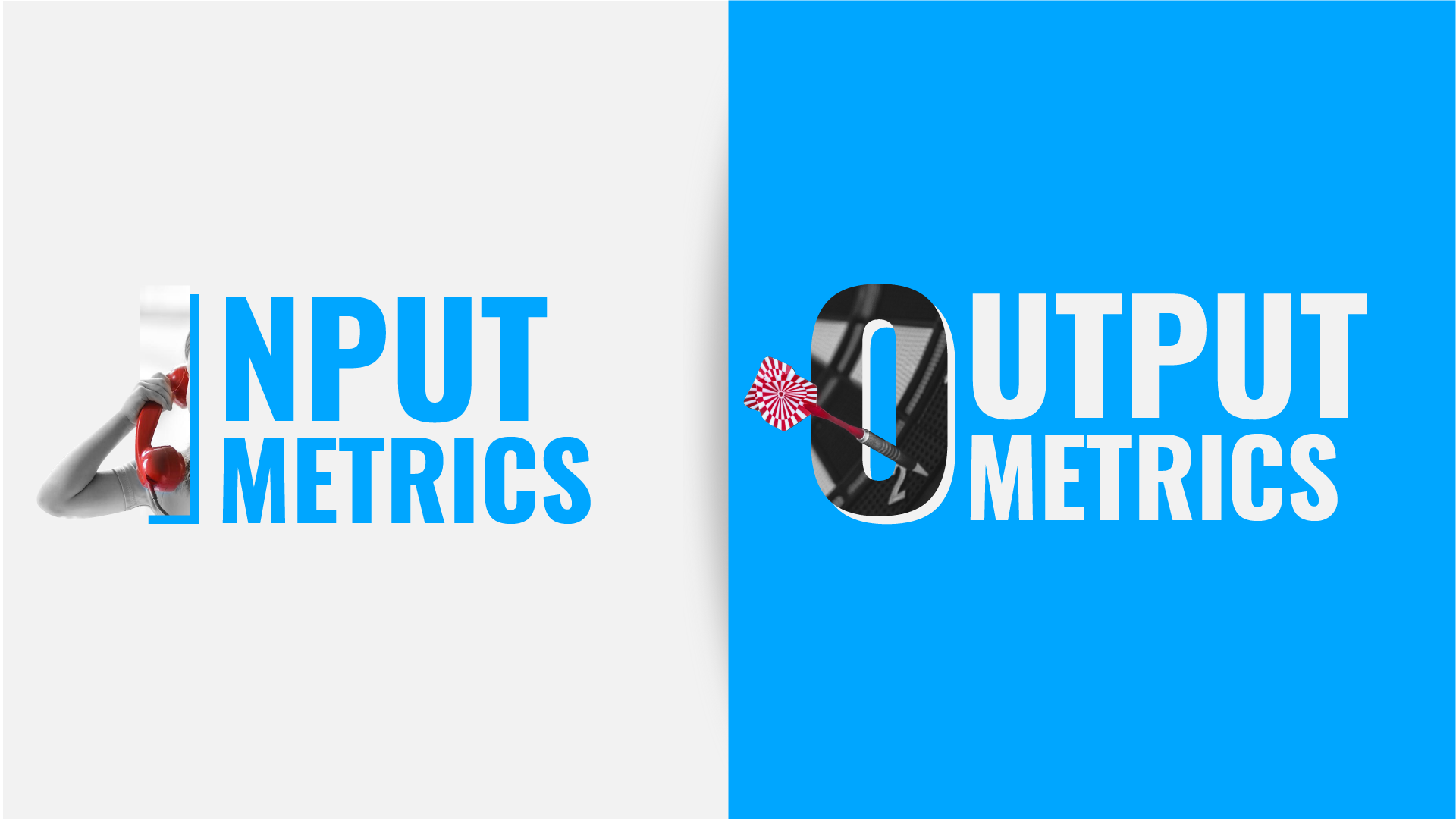Your firm has been growing rapidly over the past few years. You’ve gotten better clients, hired more people, and the existing platforms you’ve hacked together over the past few years just isn’t enough anymore.
You need one place where all of your financial data resides; but with the plethora of options out there, how would you know which software to go with?
How to Choose Business Accounting Software
1. Understand your needs and wants
You don’t need an accountant to tell you what is it that you are looking for. Just think from your perspective on the what and the why. Take a hour or two to sit down and write down (yes, on a piece of paper) all the things that are working well and all the things that you are struggling with. Ask whoever you have involved in your process to do the same (their frustration can be very different from yours.) Then go through the list and explore how each item is impacting you and how it’d affect your business if it were improved. Pick the top 5 things that you’d “need” to have as a result of this effort. Don’t worry about the “how” to get these things just yet.
2. Identify restrictions
Are there things that are non-negotiables in your business that need to be considered? Most firms that are privately owned don’t run into too many restrictions – but it’s still important to point some out. For example, do you have multiple offices located across the world? Foreign currency or having multiple related entities are usually the first things that test the limitation of any accounting software. Do you travel a lot and would like to have access to your financials from anywhere in the world? A cloud-based solution may be your best bet in this case. The point is, identify all the non-negotiables for your firm so it’s easier to eliminate the software that doesn’t fit the bill.
3. Understand that software is just one piece of the puzzle
There are no silver-bullet accounting software out there that will solve all of your accounting needs. Think of it as a finely tuned Ferrari or the latest version of Photoshop – it is only as good as the person who operates it. Choosing an accounting software is a big move, so consult with your advisors on identifying the “how” to your needs and wants. This means defining business processes that will allow us to utilize the capabilities of the software we end up picking, workarounds that we need to implement to augment the shortcomings of the software (yes, none of them are perfect,) and a set of clear instructions for the executors to follow in an on-going basis.
The rest gets easier. Once you’ve identified the needs/wants, restrictions/non-negotiables, and the how – it’s a matter of researching the marketplace for a software that fits the requirements you’ve set. Remember, the technology needs to follow your strategy/process. Not the other way around.
Key Takeaways
- Don’t get sucked into brochureware and understand the actual software will always be slightly less exciting than their video. That’s where a good team and process come into play.
- It is okay to leverage the strength of best of breed software that only performs a certain function (ie. invoicing, bill pay, expenses, etc.,) just don’t try to turn it into a full-fledged accounting software. It won’t work.
- Integration between software always comes with a caveat. Just because it “integrates” doesn’t mean it “integrates” with your level of expectation. Inspect what you expect.
- Migration means some form of data loss. You have to decide how much historical data you really want/need and to what level of detail. Sometimes, the cost to fix is greater than the value it will create.
- Lastly, there is no “best” in accounting software, everything is relative to your unique company and needs. To help with this, we will be doing a Tuesday Tech Showdown series on our blog this year that deliver our 2 cents on all that’s in the marketplace. Stay tuned.



